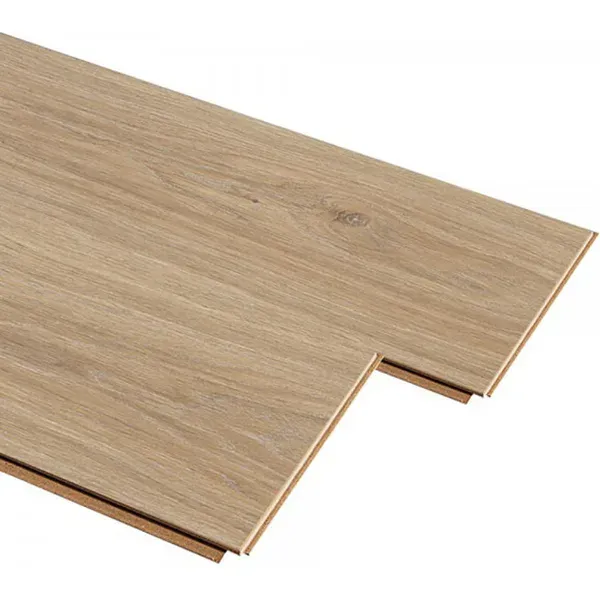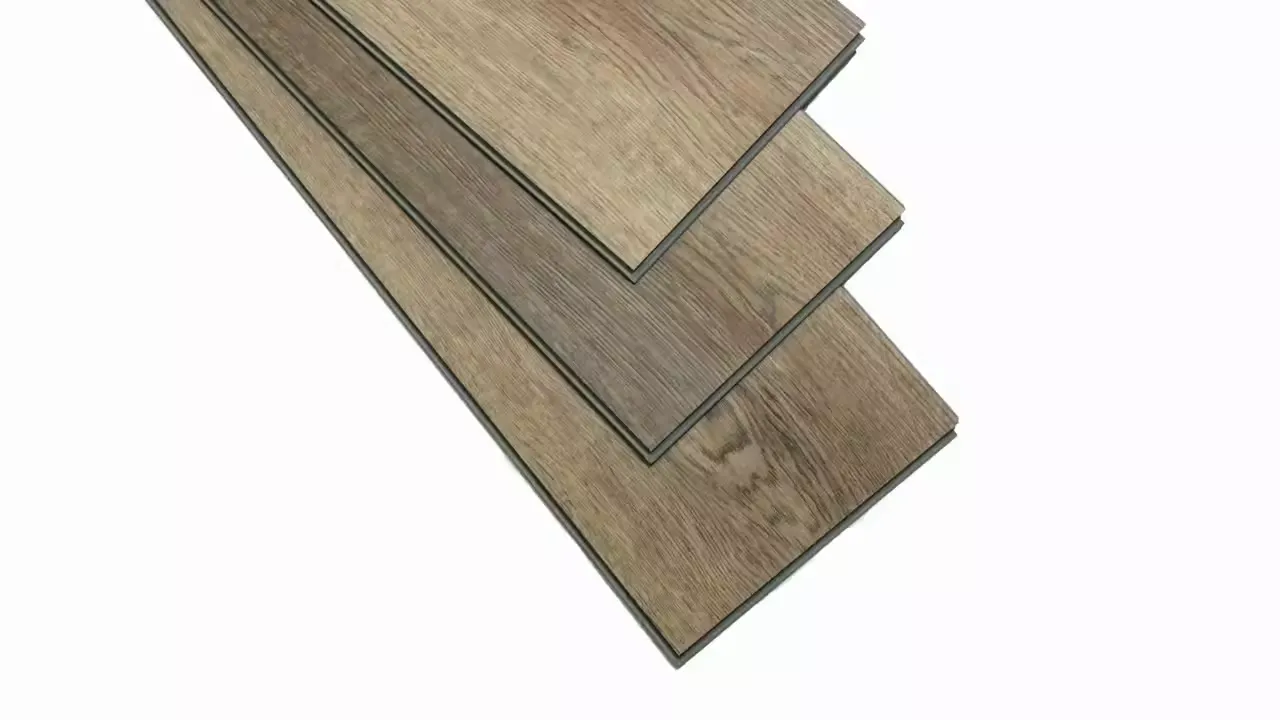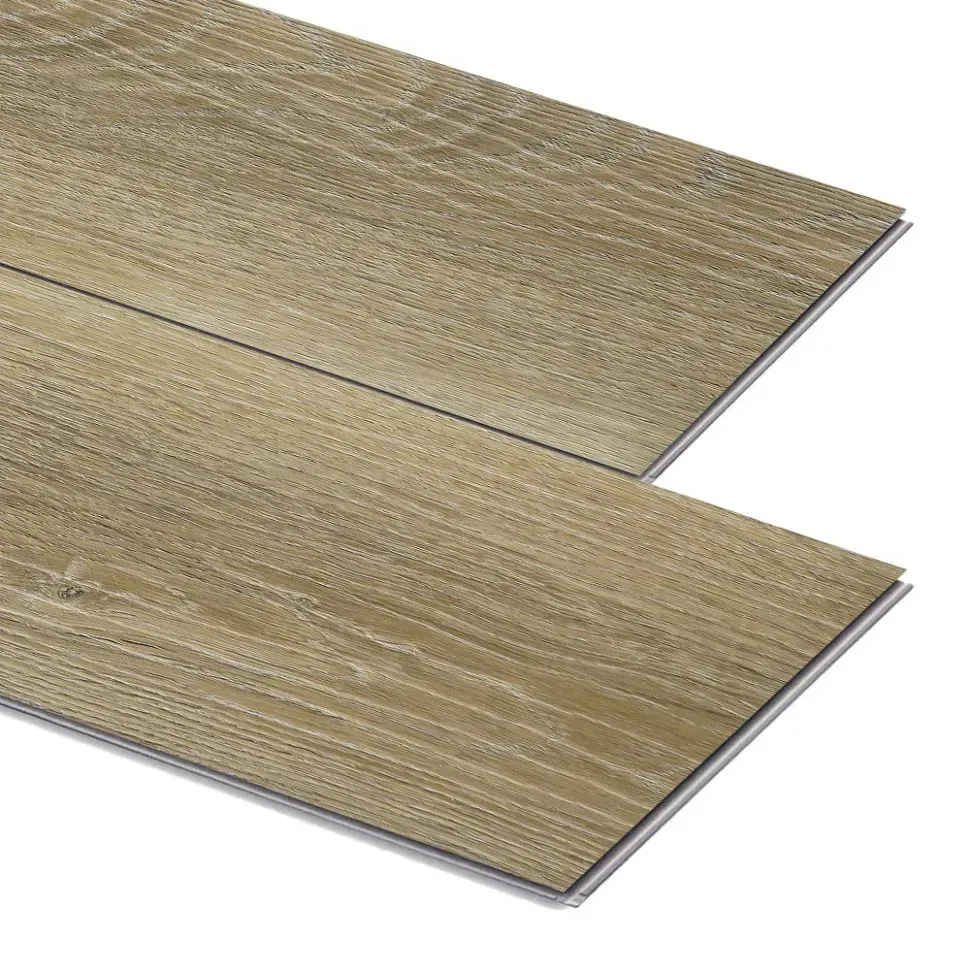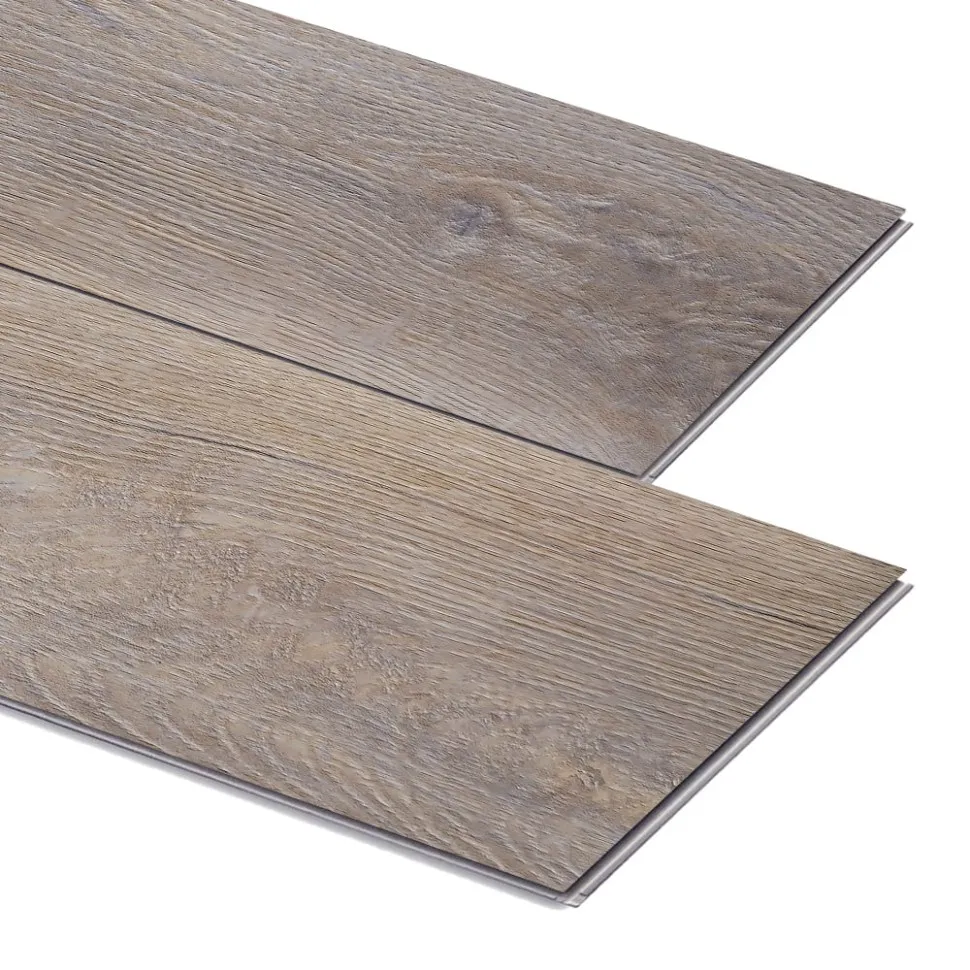Premium SPC Flooring: AI-Enhanced Waterproof Durability
SPC flooring, also known as Stone Plastic Composite or Solid Polymer Core flooring, is revolutionizing the modern flooring industry with advanced engineering, superior durability, and easy installation. As a vital evolution in resilient floor coverings, SPC Vinyl flooring features a unique rigid core structure, making it highly suitable for both residential and commercial use. This article delivers an in-depth analysis of spc flooring's technical parameters, manufacturing process, application scenarios, and provides real-world industry data, product comparisons, and authoritative references.
Product Link: https://www.enliofloor.com/spc-vinyl-flooring.html
1. Global SPC Flooring Industry Trends & Market Insights

- Top regions: North America, Europe, Asia-Pacific.
- Key users: Hospitality, commercial offices, healthcare, shopping malls, residential buildings.
- The shift towards spc flooring wholesale for mass residential projects & government infrastructure is boosting adoption.
2. Technical Structure & Performance Parameters of SPC Flooring
- Wear Layer (UV Coating): Transparent, enhances scratch resistance and stain proofing.
- Decorative Layer: High-resolution vinyl print simulates wood, stone, or other natural textures.
- SPC Core Layer: Rigid core made from calcium carbonate (limestone), PVC resins, and stabilizers, offering excellent dimensional stability and impact resistance.
- Underlayment/Backing: IXPE/EVA foam for sound absorption, added comfort, and moisture protection.
| Parameter | SPC Flooring | WPC Flooring | LVT Flooring |
|---|---|---|---|
| Core Thickness | 3.5–7.5 mm | 5–8 mm | 3–5 mm |
| Density (kg/m³) | 2000–2200 | 1000–1200 | 1500–1700 |
| Fireproof (EN 13501-1) | Bf1-s1 | Bf1-s1 | Bfl-s1 |
| Waterproof | 100% | 80–90% | 60–90% |
| Formaldehyde Emission (EN14041) | ND (None detected) | ND | Minor |
| Installation | Click System | Glue, Click | Glue Down |
| Slip Resistance (EN13893) | Class DS | Class DS | Class DS/DM |
3. SPC Flooring Manufacturing Process (With Diagram)
- Raw Materials Mixing: Proportional blending of high-grade PVC resin, limestone powder (CaCO3), plasticizers, UV stabilizers, and other additives using automated batching systems.
- Extrusion & Sheet Forming: The homogeneous mixture passes through a twin-screw extruder; under high temperature (185–210°C), the composite is extruded into continuous SPC core sheets.
- Lamination: Decorative vinyl film and wear layer are hot-laminated onto the SPC core through temperature-controlled rollers for uniform bonding.
- CNC Cutting & Profiling: The hardened multi-layered boards are precision cut and milled with CNC machines for interlocking click system profiles (patented Unilin/Valinge types).
- Quality Control: 100% inspected for dimension, appearance, ISO abrasion resistance, color consistency, and mechanical stability by in-line robotics and QC stations.
- Packing & Palletizing: Final products are sealed with protective film, boxed, and palletized for wholesale or direct shipment.

4. Technical Data Sheet for SPC Vinyl Flooring
| Property | Test Standard | Typical Value | Remarks |
|---|---|---|---|
| Total Thickness | EN ISO 24346 | 4.0–6.5 mm | Customizable |
| Wear Layer | EN 429 | 0.3 / 0.5 / 0.7 mm | Class 23/33/43 |
| Surface Treatment | EN 13329 | UV / Ceramic Bead | Antibacterial, Stain Proof |
| Size Stability | EN 434 | ≤ 0.05% | High Tolerance |
| Anti-slip Coefficient | EN 13893 | Class DS (≥0.30) | Commercial Grade |
| Acoustic Reduction | ISO 10140 | 18–21 dB | With IXPE/EVA Underlay |
| Fire Resistance | EN 13501-1 | Bfl-s1 | Certified |
| Water Resistance | ISO 4760 | 100% | Suitable for Wet Areas |
5. Product Advantages – Why Choose SPC Vinyl Flooring?
- Superior Water & Moisture Resistance: Rigid core with 100% waterproof characteristics; ideal for kitchens, bathrooms, basements, and commercial spaces.
- Dimensional Stability: No warping, expansion, or shrinkage; outperforms WPC and LVT in temperature fluctuation environments.
- Realistic Decorative Effect: HD printing delivers vivid wood grain, marble, or custom patterns.
- Quick Installation (Click System): Interlocking edges (“SPC flooring click”) for floating, glue-less lay; DIY-friendly.
- Commercial Grade Wear Layer: Protects against heavy traffic, scratches, and stains for over a decade of use.
- Low VOC & Formaldehyde-Free: FloorScore™ and SGS certified for indoor air quality – healthy and eco-friendly.
- Fire and Slip Resistant: EN 13501-1 Bfl-s1 certified and anti-slip design for enhanced safety.

6. Pricing & Wholesale Comparison of SPC Flooring
| Product Type | SPC Flooring Price (USD / m2) |
Min. Order (Wholesale) | Wear Layer | Standard Size (mm) |
|---|---|---|---|---|
| SPC Flooring 4mm | 6.90 – 8.20 | 800 m2 | 0.3 mm | 1220×180, 615×315 |
| SPC Flooring 5mm | 7.50 – 9.80 | 700 m2 | 0.5 mm | 1220×180, 1500×220 |
| SPC Herringbone | 8.85 – 10.40 | 1000 m2 | 0.5–0.7 mm | 600×120, custom |
| Custom Pattern/Color | 8.70 – 11.50 | 1200 m2 | 0.7 mm (Heavy Duty) | Custom, O.E.M. |
7. Major SPC Flooring Manufacturers & Supplier Comparison
| Manufacturer | Annual Output (million m2) | OEM/ODM | Click System | Certifications | Warranty Service |
|---|---|---|---|---|---|
| ENLIO | 19.6 | Yes | Unilin, Valinge | ISO, CE, SGS, FloorScore | 10–25 years |
| GKBM | 14.3 | Yes | Valinge | ISO, ASTM | 15–20 years |
| Novalis | 12 | Yes | Unilin | ISO, CE | Lifetime (Residential) |
| Mohawk | 9.7 | No | Unilin | ISO, FloorScore | 15 years |
| Armstrong Flooring | 7.6 | No | Unilin | ISO, Greenguard | 20 years |
- Supply Capacity: Leading suppliers ensure rapid delivery for spc flooring wholesale projects above 5000 m² within 21–35 working days.
- Customization: Robust OEM/ODM support for project-specific color, size, pattern and logo.
- Certifications: ISO, EN, FloorScore™, and CE compliance across the value chain ensures product safety and environmental standards.
8. Application Scenarios & Industry Case Studies
- Commercial: Shopping malls, supermarkets, office buildings, hotels
- Healthcare: Hospitals, clinics, laboratories (antibacterial & easy to clean, ISO 22196 conform)
- Education: Schools, universities, libraries (acoustic control, class 23/33 wear resistance)
- Residential: Living rooms, kitchens, bathrooms, basements
- Industrial: Workshops, warehouses, clean rooms for anti-slip and chemical resistance
- "Super fast install, no adhesive mess, and looks exactly like natural wood. Outperformed laminate in our gym studio for two winters in a row!" – Facility Manager
- "Waterproof core is a true game-changer for our apartment renovation – top value for price." – Apartment Owner

9. Customization Solutions & Delivery Commitment
- Custom Designs: Over 128 patterns, wood/stone/marble effects; RAL/NCS color match available.
- OEM Branding: Private label, logo emboss, special edges (bevel, micro-bevel, square, EIR texture).
- Specialty Surfaces: Anti-static (IEC 61340), antibacterial (ISO 22196), slip-resistant, and heavy-duty industrial grades.
- Express Delivery: Standard products ship in 7–14 days (stock); OEM orders 21–45 days (per 2–6 container111s/batch, FCA/FOB/CIF).
- Warranty: 15–25 years for commercial, 25 years or lifetime for residential/light industrial.
10. Professional FAQ: SPC Flooring Technical FAQ
11. Delivery Lead Time, Warranty & Customer Support
- Standard Delivery: 7–21 days for regular SKU; up to 35–45 days for custom OEM orders.
- Packaging: Each box film-protected and labeled, container111 loading optimized.
- Guarantee: 100% replacement for any defects caused by production or raw material within warranty.
- Support: 24/7 online service; on-site technical support in 40+ countries; global warehousing for urgent installations.
- Certificates upon request: FloorScore™, SGS, ISO reports, EN fire and slip tests, ASTM data sheets.
12. Conclusion & Authoritative References
- SPC Flooring: The Fastest-Growing Floor Category – Floor Covering Weekly
- SPC Flooring Market Analysis Report – Grand View Research
- What is SPC Flooring? – Floor Trader Blog
- ISO 14041 – Resilient Floor Covering Standards – ISO International Standards
-
Masking Tape: Clean Removal, Precision Lines, Pro-GradeNov.10,2025
-
Skirting: MDF, Oak & SPC | Durable, Easy-FitNov.10,2025
-
Commercial VCT Tile Flooring – Durable, Low-MaintenanceNov.10,2025
-
LVT Vinyl Floors – Waterproof, Scratch‑Resistant, Easy ClickNov.10,2025
-
Masking Tape - Pro-Grade, Clean Removal, Crisp LinesNov.10,2025
-
Premium Masking Tape - Sharp Lines, Clean RemovalNov.10,2025




